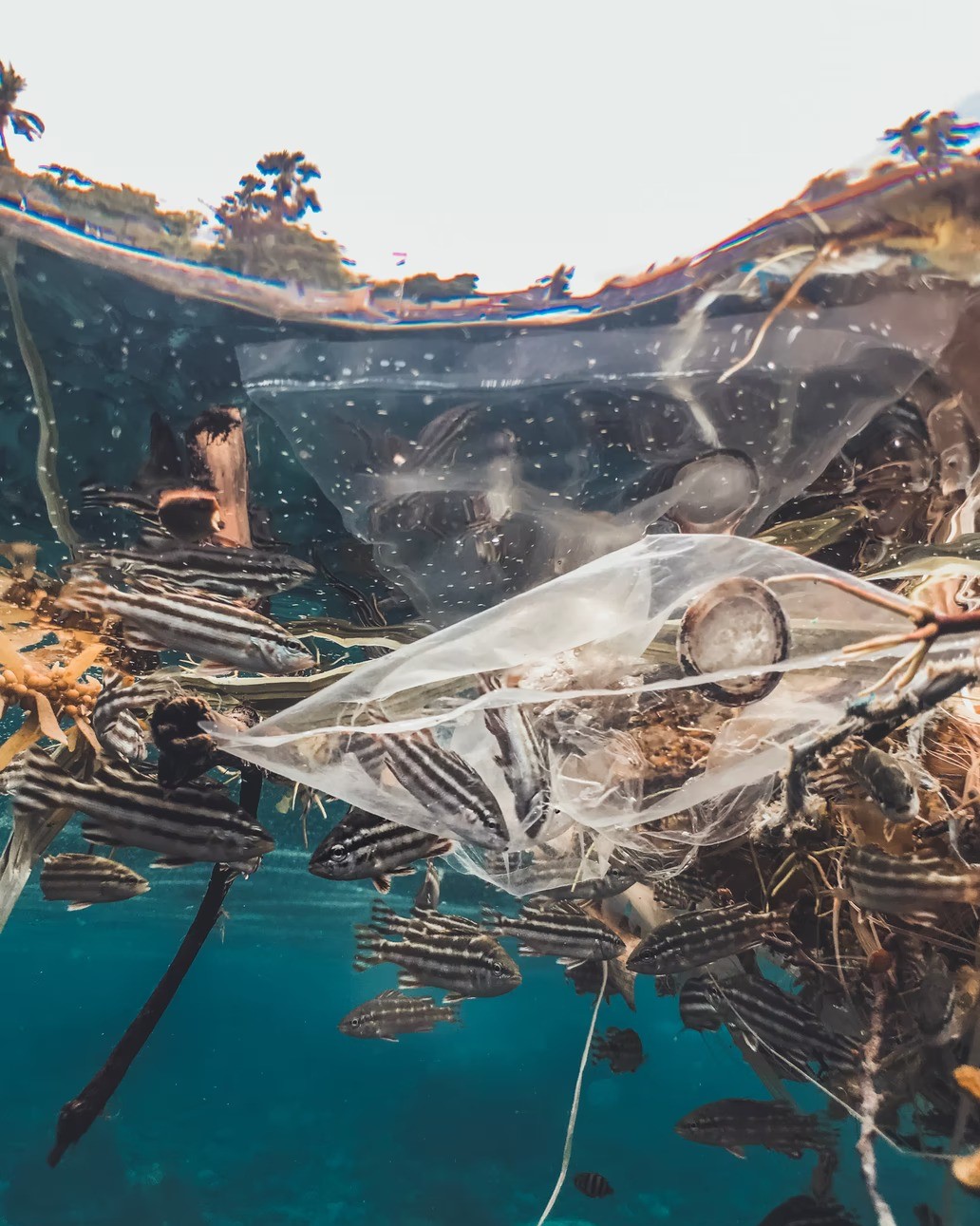
iGEM 2021 Silver Medal
Some dangers are so small you can barely see them. Don't believe us?
Take a closer look.

Did you know that...
Plastic makes up 60 to 90% of all marine waste? That is way higher than oil spills, toxic chemicals, and nuclear waste all combined. This imposes a major red flag on human consumption of plastic waste and is extremely concerning, as we do not yet know the full extent of the damage plastic waste can cause in the marine ecosystems.


Did you know that...
51 trillion microplastics pieces are floating around our oceans? That is more than 14 times the number of fishes estimated to live in the ocean. Looking at this from another perspective, over 8 million pieces of plastic are thrown into our seas every single day. This illustrates the dire situation we are facing and is also a call for action.


Did you know that...
210 fish species used for human consumption are known to have ingested plastic debris? That makes it very likely that all humans that eat fish and seafood must have ingested some microplastic in their food. Although the impact of plastic ingestion is still under scientific scrutiny, this can be translated into a really bad impact on human health.


Here to save the day is P(L)AST - The Ocean Cleaner of the Future!
Microplastics are a growing concern worldwide. Studies point to about 5.25 trillion pieces of plastic floating in our oceans, and our society is only now beginning to grasp the extent of the health risks associated with microplastic consumption. All these concerns led us to develop P(L)AST, a simple solution to battle this ongoing crisis. By transforming Bacillus subtilis with the Polyethylene terephthalate (PET) degradation pathway present in Ideonella sakaiensis, we aimed to create an efficient, versatile, and easy to deploy plastic degradation platform – qualities further improved through our metabolic optimization models. P(L)AST is also a project concerned with social impact; as such, we spent a portion of our resources inspiring the younger generations and educating the masses by organizing, promoting, and participating in events related with the environment, sustainability, and science.








